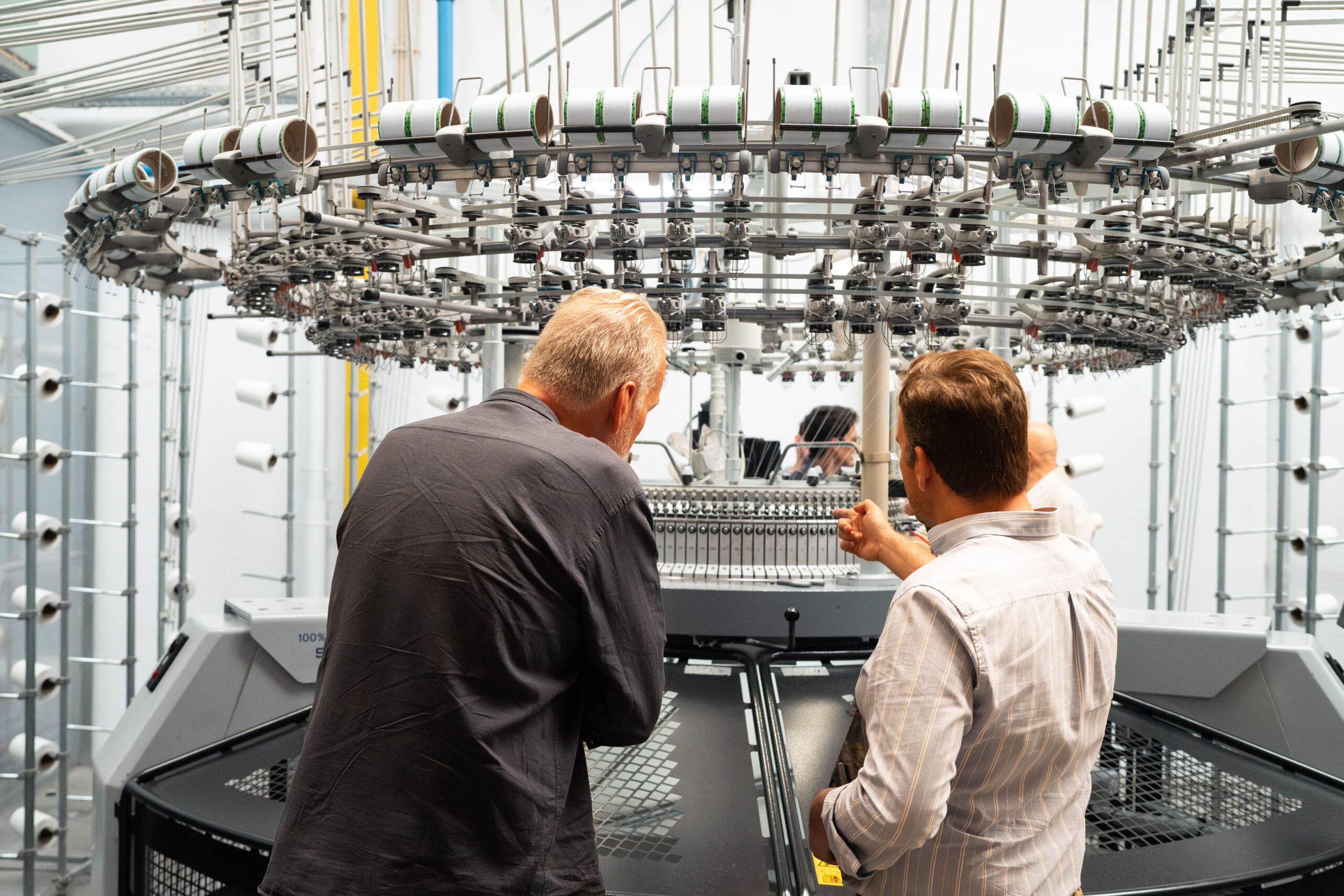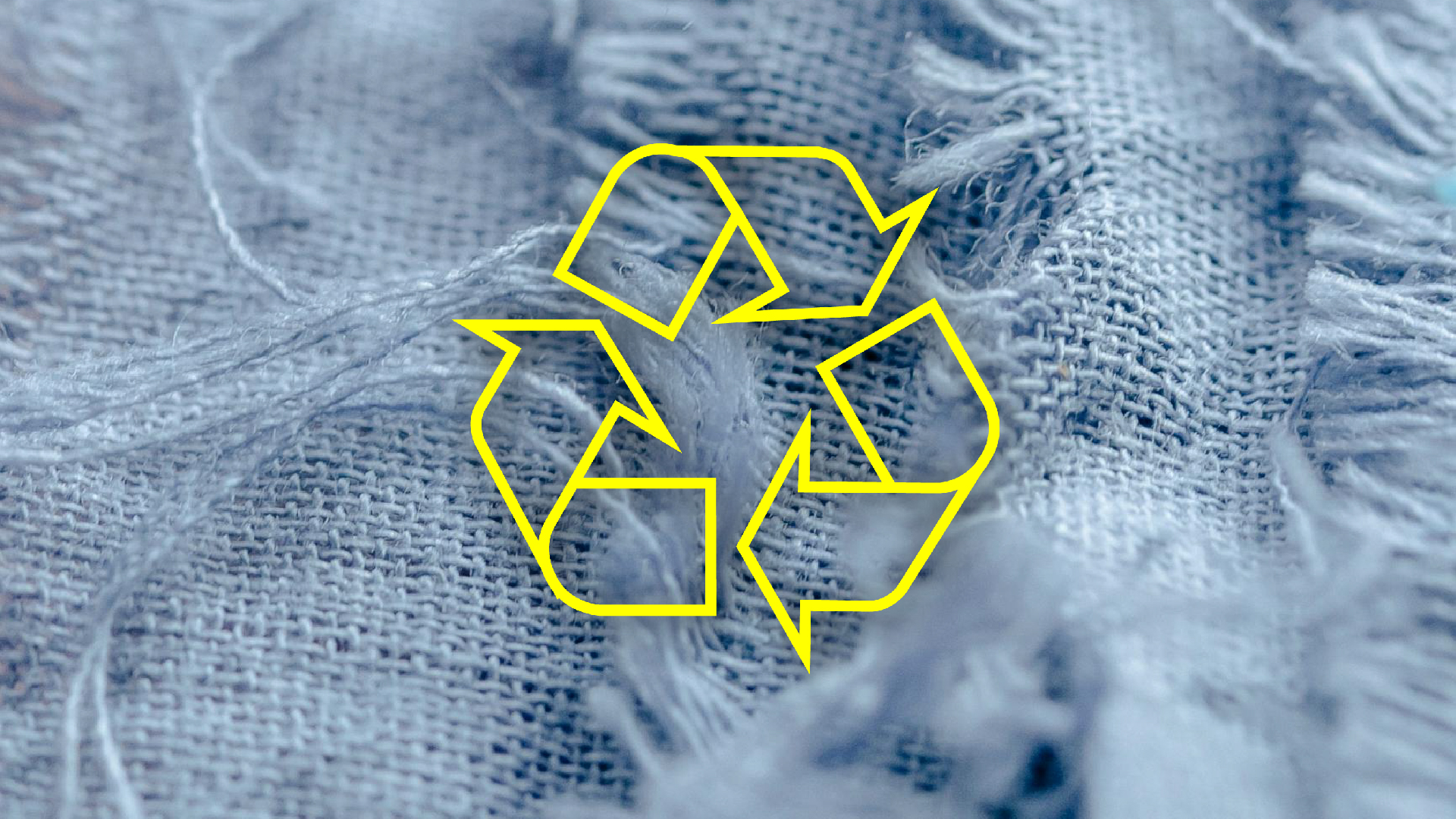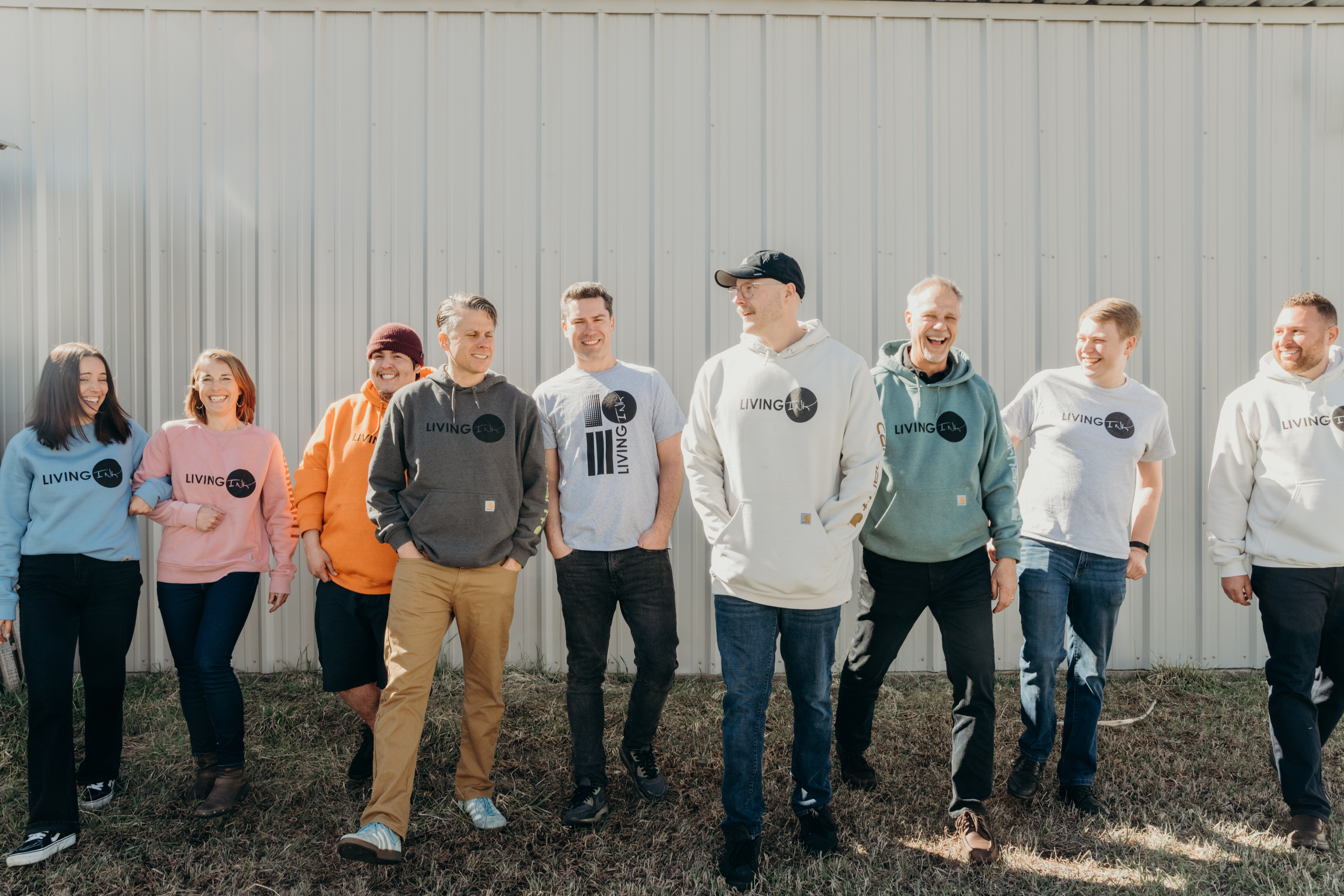Fashion for Good Selects Twelve Innovators for 2023 Innovation Programme
21 March 2023
AMSTERDAM – Fashion for Good welcomes twelve new start-ups to its Global Platform. The selected Innovators will participate in a nine-month innovation programme with bespoke support to validate their technologies in preparation for implementation across the fashion value chain.
“We are excited to welcome 12 new innovators to the 2023 Fashion for Good Innovation Programme. We are inspired by the significant impact opportunities their technologies enable. With an emphasis on driving implementation, we provide them with the best support to expedite their exposure and growth into the market.“ – Katrin Ley, Managing Director at Fashion for Good.
The selected innovators represent technologies across Raw Materials, Processing, Traceability & Transparency, Circular Business Models and End of Use. The 2023 Innovation Programme provides bespoke support based on the development stage and ambitions of each innovator, matching innovators with relevant industry partners to drive validation, implementation, and investing activities.
The selected innovators joining the Fashion for Good 2023 Innovation Programme are: Virent, Inc., ZymoChem Inc, Polybion, Saltico Ltd, Lamoral Coatings B.V., CleanKore LLC, RESPONSIBLE, Qingdao Amino Material Technology Co., Ltd., Protein Evolution, Inc., DePoly, Ioncell Oy, and SATMA CE.
ABOUT THE INNOVATORS
VIRENT (USA)
Virent uses its patented BioForming® technology to create the fuels and chemicals the world needs from a wide range of naturally occurring, renewable resources. Virent’s patented catalytic chemistry converts biobased carbohydrate feedstocks into products molecularly identical to those made from petroleum. Virent’s technology can produce a range of fuel products, including gasoline, diesel, and jet fuel, as well as chemicals used for plastics, fibres and films.
ZYMOCHEM (USA)
ZymoChem offers bio-based materials powered by proprietary carbon conserving (C2) microbes that convert renewable feedstocks into high-value materials while radically minimising CO2 loss during the production phase. The efficiencies of their platform unlock superior economics – up to 50% lower cost than incumbents with a higher yield compared to today’s best in class biomanufacturing.
POLYBION (SPAIN)
Polybion is growing premium, next-generation materials designed with nature and manufactured with biology. Their first product, Celium™, is a premium alternative to animal-based leather and petroleum-derived synthetics. It is grown by feeding bacteria with agroindustrial fruit waste; the bacteria, in turn, creates cellulose, a natural polymer.
SALTYCO (UK)
Saltyco connects the regeneration of damaged wetlands to the production of healthier materials for the fashion industry. Their next-generation textile BioPuff ®, is a warm, lightweight and biodegradable insulation material made from one of the best plants for wetland regeneration.
LAMORAL COATING (THE NETHERLANDS)
Lamoral commercialises a high-performance, bio-based, fluor-free coating to replace today’s PFAS coatings and improve current C-0 offerings. With a bio-based, PFC- and MEKO-free truly durable water repellent that protects garments and their users from the elements.
CLEANKORE (USA)
CleanKore’s patented technology modifies the denim dye range to eliminate Potassium Permanganate spray, lower the carbon footprint & improve sustainability throughout the supply chain without increasing cost.
RESPONSIBLE (NORTHERN IRELAND)
RESPONSIBLE is a global circularity platform powered by advanced proprietary technology. The company is on a mission to scale circularity by offering solutions across the product life cycle and a premium take on reCommerce.
PROTEIN EVOLUTION (USA)
Founded by a team of scientists and engineers, Protein Evolution uses a combination of biology and chemistry to transform waste into high-value products. The company’s goal is to unlock the potential of waste to be a valuable resource, in a bid to help the materials industry transition to a lower-carbon, more circular economy.
QUINGDAO AMINO MATERIAL TECHNOLOGY (RE:LASTANE) (CHINA)
Re:lastane focuses on the separation and recycling of polyester and polyester blended fabrics. They have developed a patent pending “Relastane” polyester recycling system, which realises the separation of polyester fibres from cotton, nylon, spandex and other blended fibres.
DEPOLY (SWITZERLAND)
DePoly’s advanced recycling technology converts unsorted, dirty end-of-life plastics and fibres into virgin-grade raw materials. They focus on items that cannot typically be recycled due to complex blends, dyes, contaminants, etc. Their low-energy process uses simple, green chemicals and operates at room temperature, all without the need to pre-wash, pre-sort, or separate out other materials.
IONCELL (FINLAND)
Ioncell Oy develops patented Ioncell® technology, which transforms cellulosic bio-materials into new, high-performance textile fibres in a sustainable way. Their technology can improve the quality when textile waste is recycled into new fibres, therefore supporting the inevitable transformation to a circular economy in the clothing and textile industry.
SATMA CE (INDIA)
Satma CE is a web based software that uses blockchain optionally to offer traceability across the waste-to-worth supply chain, including collection, segregation, recycling and processing.
Other Articles

In conversation with Smartex: Explore Smartex’s AI-driven solutions transforming quality control and reducing waste

Fashion for Good and Textile Exchange Team Up to Trace Textile Waste

